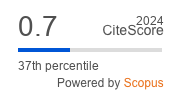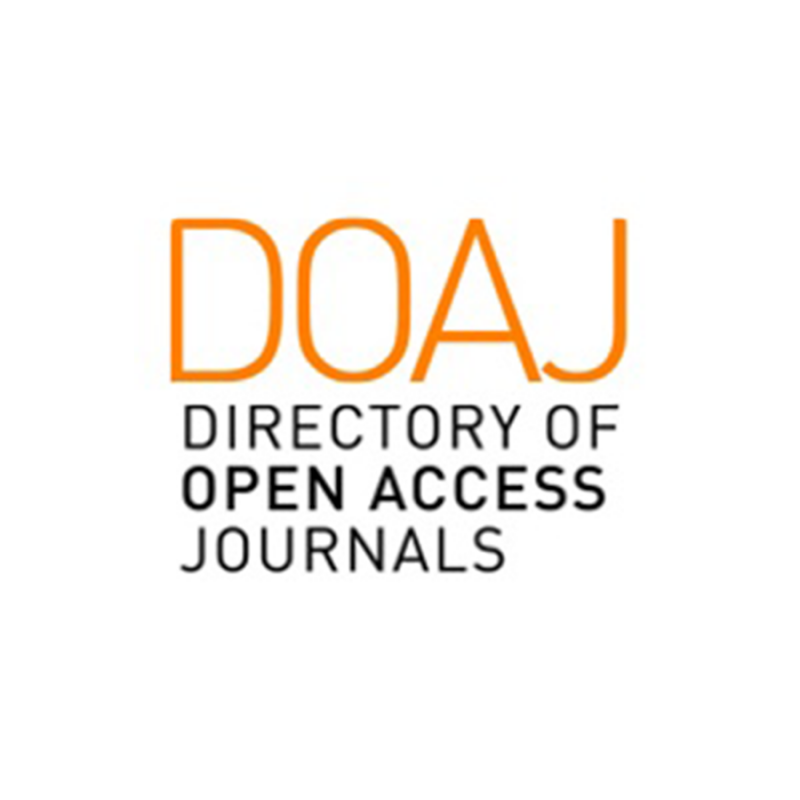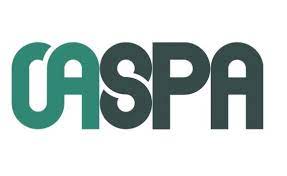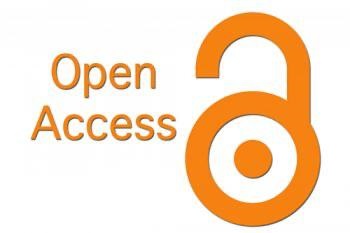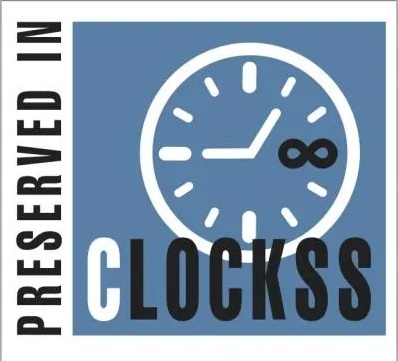Efficacy & safety of Desmopressin in the treatment of pediatric nocturnal enuresis
Keywords:
nocturnal enuresis, DesmopressinAbstract
Back ground: primary nocturnal enuresis (PNE) is a socially distressing condition that can be troubling for children & their families. It affects 15-26% of five years olds. Several approaches are used to treat PNE including behavioral modification, alarms & drug therapy. Aim of the study: to determine the efficacy and safety of nasal desmopressin treatment in children with PNEPatients : fifty-four children with primary nocturnal enuresis with a mean age of ( 8.2) years ( range 6-15), underwent a 2 week observation period followed by entrance into a randomized controlled study, comparing desmopressin & placebo, lasting 4 weeks. The efficacy of the drug was measured in reduction of the number of wet nights per week. The enuretic status of the children was documented for 4 weeks after the treatment was stopped.Results: a significant reduction was found in the mean wet nights per week in the desmopressin group (p=0.001) as compared to placebo group (p = 0.83), from 4.3 wet nights during pretreatment to 0.6 & from 4.6 to 4.4 respectively, however this effect was not sustained after treatment was finished as only five children (18.5%) in the drug-treated group remained dry compared with one child (3.7%) in the placebo group. Side effects associated with the nasal adminstration of desmopressin were mild & infrequent.Conclusion: desmopressin has a clinically significant & safe effect on children with primary nocturnal enuresis


